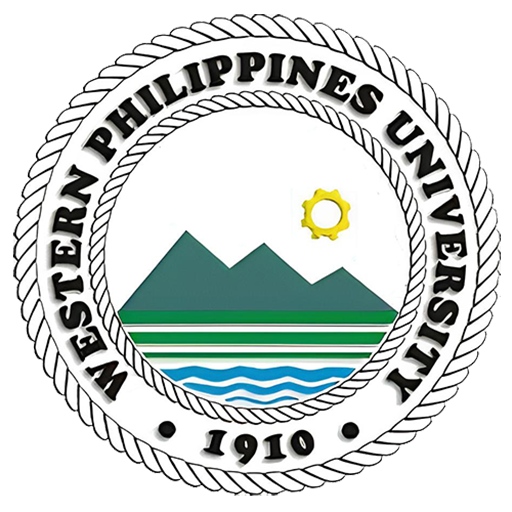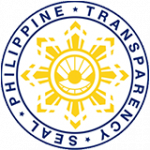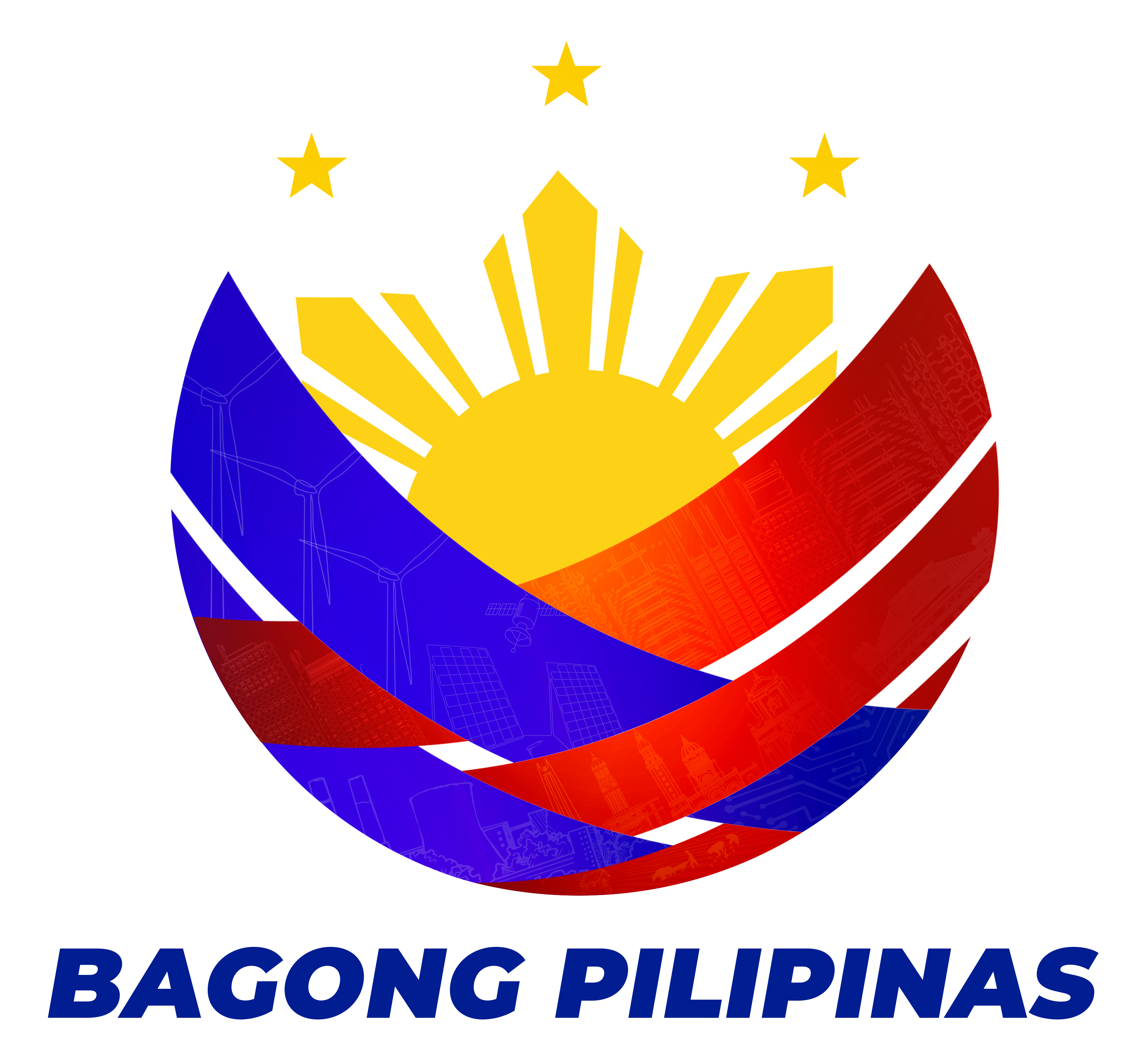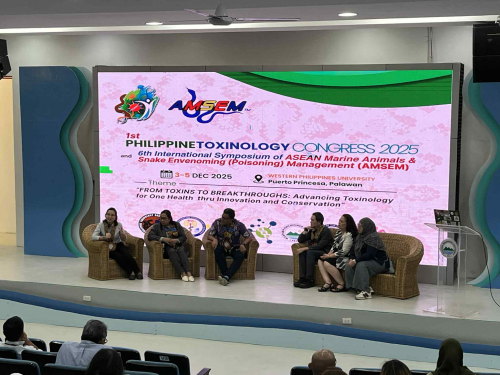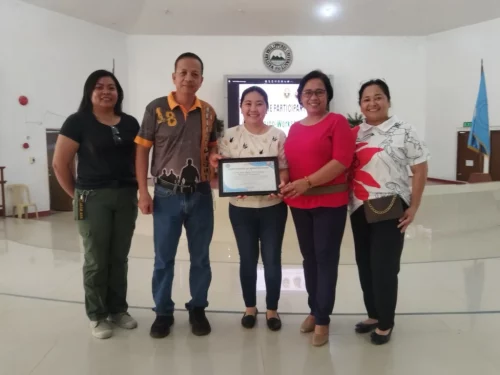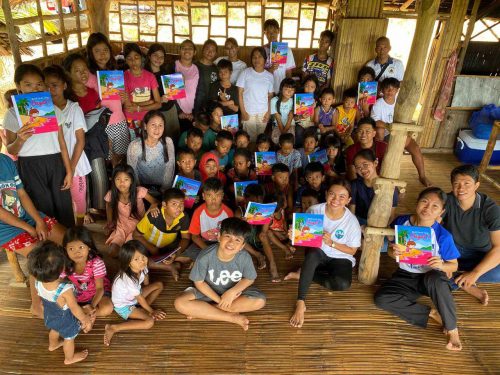OVERVIEW
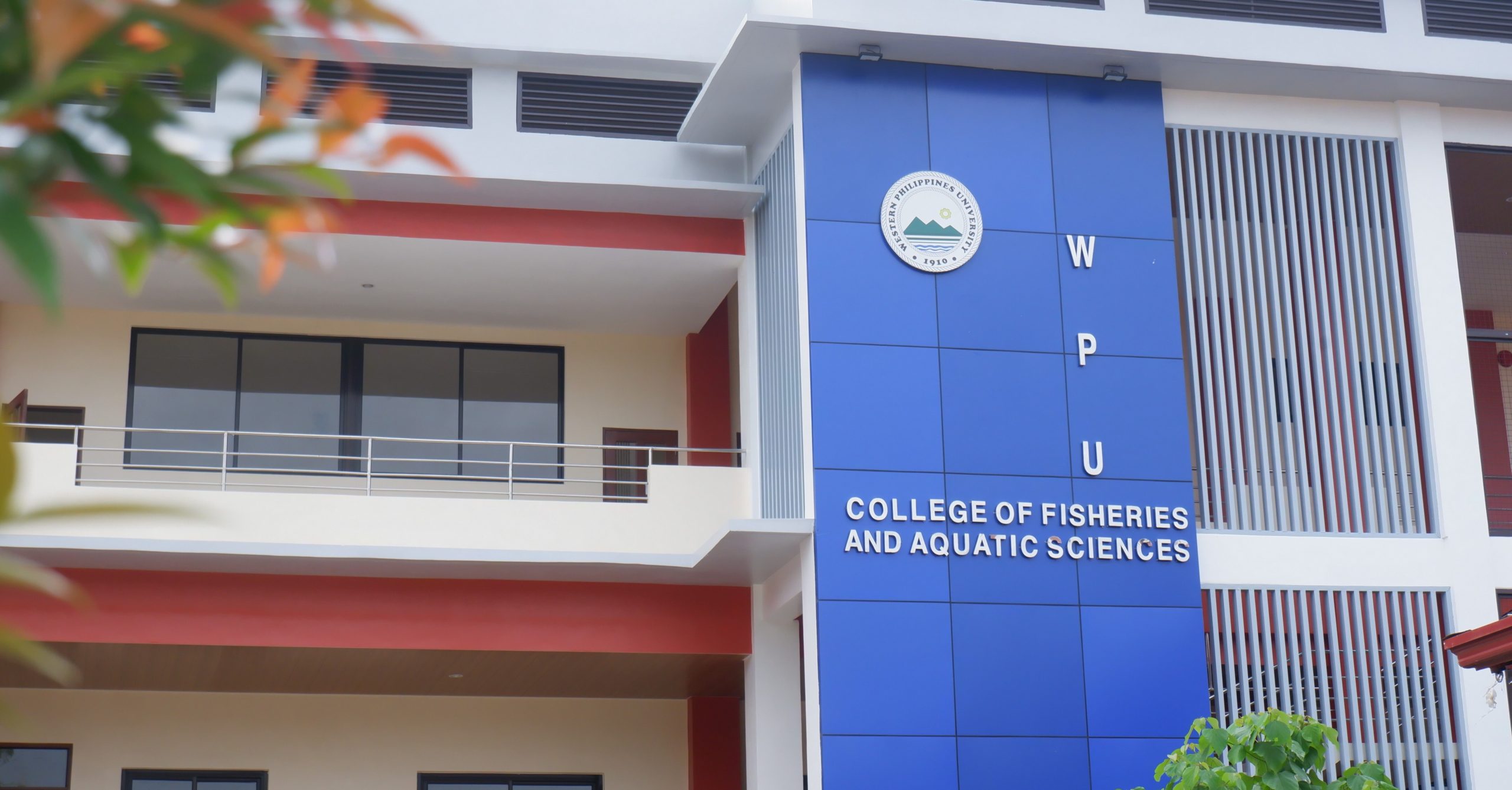
In the tranquil shores of Palawan, nestled amidst the vibrant marine life of the Philippine archipelago, a story of growth and innovation unfolded over the decades, tracing its roots back to 1983.
It all began with a vision fueled by international cooperation, as the World Bank, through the International Bank for Reconstruction and Development, poured its resources into a Fisheries Education Project. Among its beneficiaries stood the Palawan National Agricultural College-Regional Institutes of Fisheries Technology (PNAC-RIFT), one of the seven regional hubs dedicated to nurturing expertise in Fisheries Technology.
The humble beginnings saw the inception of a three-year Diploma program, laying the foundation for a journey that would transform Palawan’s educational landscape. By 1998, the first cohort of Bachelor of Science in Fisheries graduates emerged, marking a significant milestone in the institution’s evolution.
As the years unfurled, new chapters were inscribed in the annals of Palawan’s academic narrative. The Palawan National Agricultural College expanded its purview, birthing the Institute of Marine Science (PNAC-IMS), while the State Polytechnic College of Palawan carved its niche with the Institute of Marine Sciences (SPCP-IMS) and the Aquatic Sciences and Technology Institute (SPCP-ASTI).
Transition became a constant companion on this journey of progress. In 2004, the State Polytechnic College of Palawan metamorphosed into the Western Philippines University, a symbolic gesture echoing the institution’s embrace of broader horizons and aspirations.
The year 2008 witnessed the emergence of the College of Fisheries and Maritime Technology (CFMT), a testament to Palawan’s commitment to excellence in maritime education. And in 2014, another transformation ensued with the establishment of the College of Fisheries and Aquatic Sciences (CFAS), reflecting the ever-evolving landscape of marine studies.

Dr. Jean Beth S. Jontilla
Dean
GOALS OF THE COLLEGE
- Provide innovative education, research, and extension;
- Produce morally upright and competent graduates; and
- Develop climate-resilient technologies and activities for community development.
ACHIEVEMENTS
- Bachelor of Science in Fisheries (Level 4- AACUP); Center of Excellence (2016, 2019 to date)
- Bachelor of Science in Aquatic Biology (Level 3- AACUP)
- Master of Science in Marine Biology (Level 2- AACUP)
- Produced 121 Registered Fisheries Professionals (2003- 2023)
- Produced 6 Top-notchers in Licensure Examination for Fisheries Professionals (LEFP)
- One of the top performing schools in Fisheries (2015-2019)
DEPARTMENTS
Graduate Programs (Academic or Research Track)
- Master of Science in Fisheries Management - Dr. Ma. Mojena G. Plasus
- Master of Science in Marine Biology - Dr. Roger G. Dolorosa
- PhD in Fisheries Management - Dr. Lota A. Creencia
Program Objectives
BS Aquatic Biology
- Apply the appropriate skills and training in processing and presentation of information in both written and oral form;
- Perform and use critically and effectively the appropriate techniques, procedures and analysis for biological research work; and
- Demonstrate an in-depth understanding of the fundamental concepts, principles and theories of the biological, natural and physical sciences.
BS Marine Biology
- Apply the scientific knowledge on the dynamics of marine life and its ecosystem in solving problem-related to marine sciences and management of marine resource;
- Demonstrate professional, social and ethical responsibility while pursuing their chosen careers; and
- Communicate scientific information and sustainable utilization of marine resources to various stakeholders.
PhD and MS Fisheries
- Articulate and address critical issues in the field of Fisheries Management
- Develop lifelong learning with advanced knowledge and skills of independence for interdisciplinary or multidisciplinary works
- Practice self-directed research, professional, or creative work; and
- Create, analyze, think critically, and communicate in oral and/or written form at an advanced level with academic, ethical, social, and professional integrity.
MS Marine Biology
- Articulate and address critical issues in the field of Marine Biology;
- Develop lifelong learning with advanced knowledge and skills of independence for interdisciplinary or multidisciplinary works;
- Practice self-directed research, professional, or creative work.
NEWS/UPDATES
-
WPU VPs and Researchers Take Center Stage at the 1st PhiTon Congress and 6th AMSEM
Western Philippines University Vice President for Academic Affairs, Dr. Lita B. Sopsop, earned the Best Natural Science Study (Oral Presentation) award for her research titled “Economic Value of the… read more
-
WPU-ATBI leads Livelihood Training on Aquaculture and Agri-Natural Farming
The Western Philippines University – Agribusiness Technology and Business Incubation (WPU-ATBI) Team joined forces with the Tactical Operations Wing West (TOW West) and the Philippine… read more
-
When the Sea Turns Red: WPU Helps Community Learn to Fight Back
TAYTAY, PALAWAN – The College of Fisheries and Natural Sciences (CFiNS) of Western Philippines University successfully conducted a community seminar-workshop on managing and preventing Harmful… read more
FACILITIES
New CFAS Building
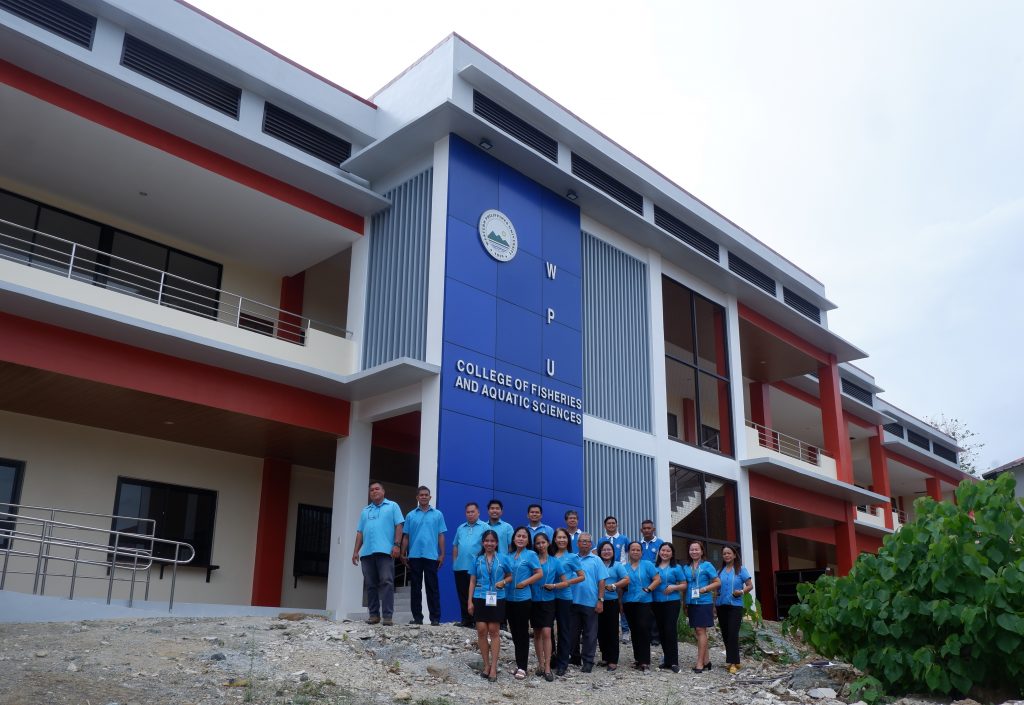
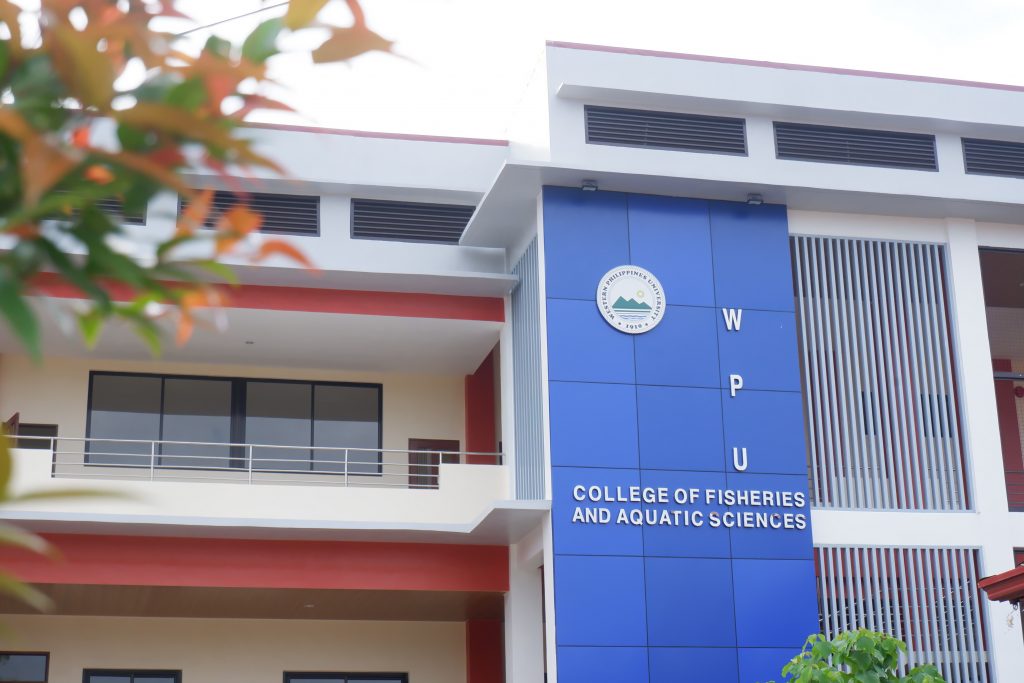



Aquatic, Biodiversity, Biotechnology, and Aquaculture (ABBA) Research and Development (R&D) Center

Aquatic Science Laboratory

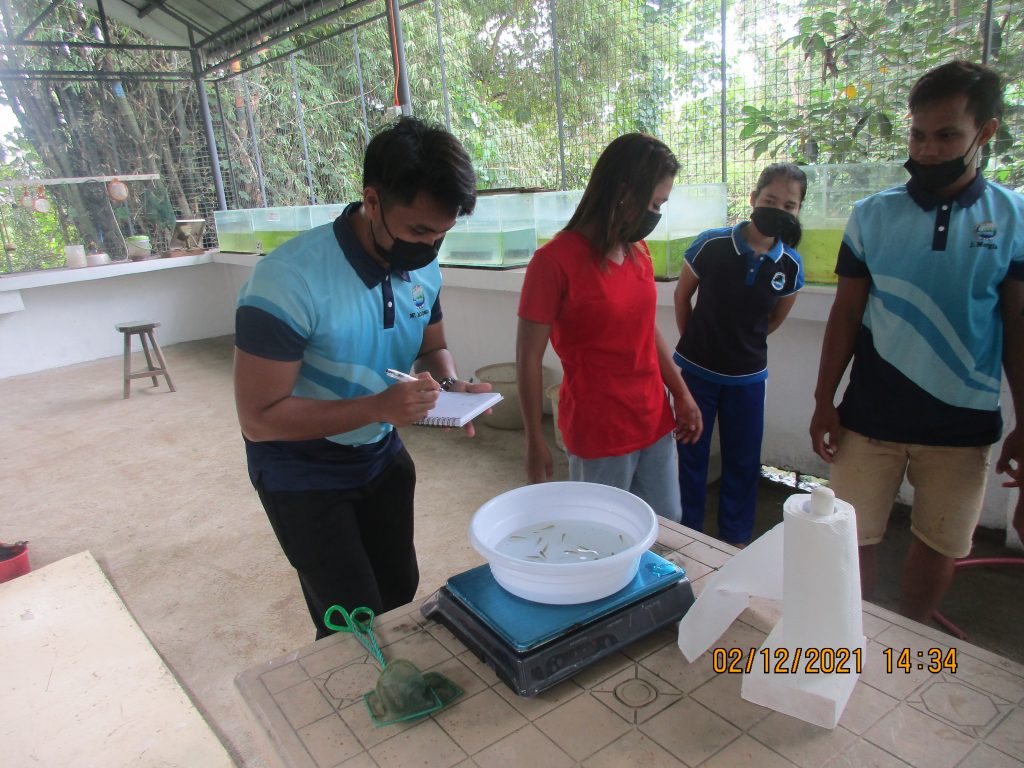

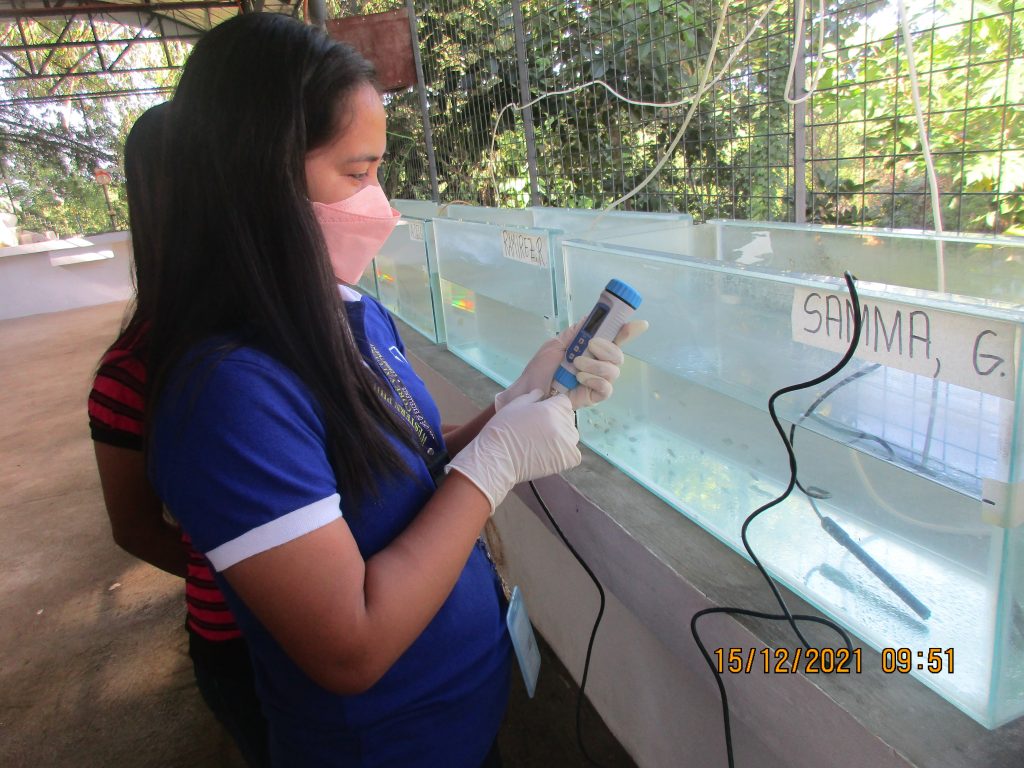

Binduyan Marine Research Station (BMRS)
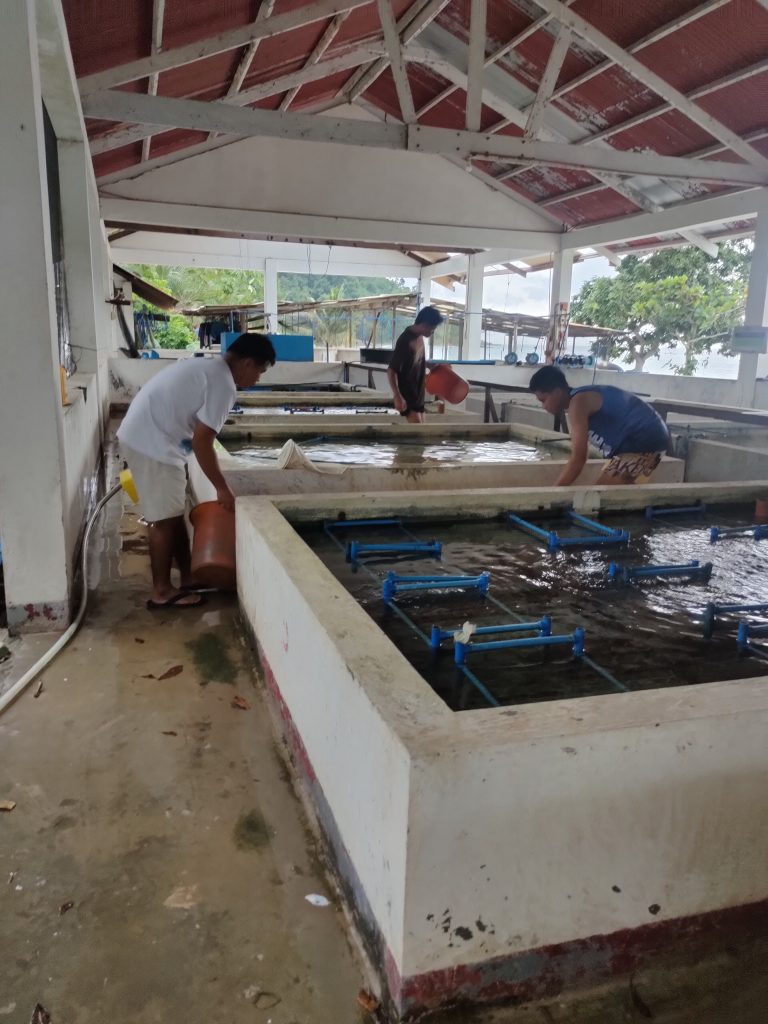
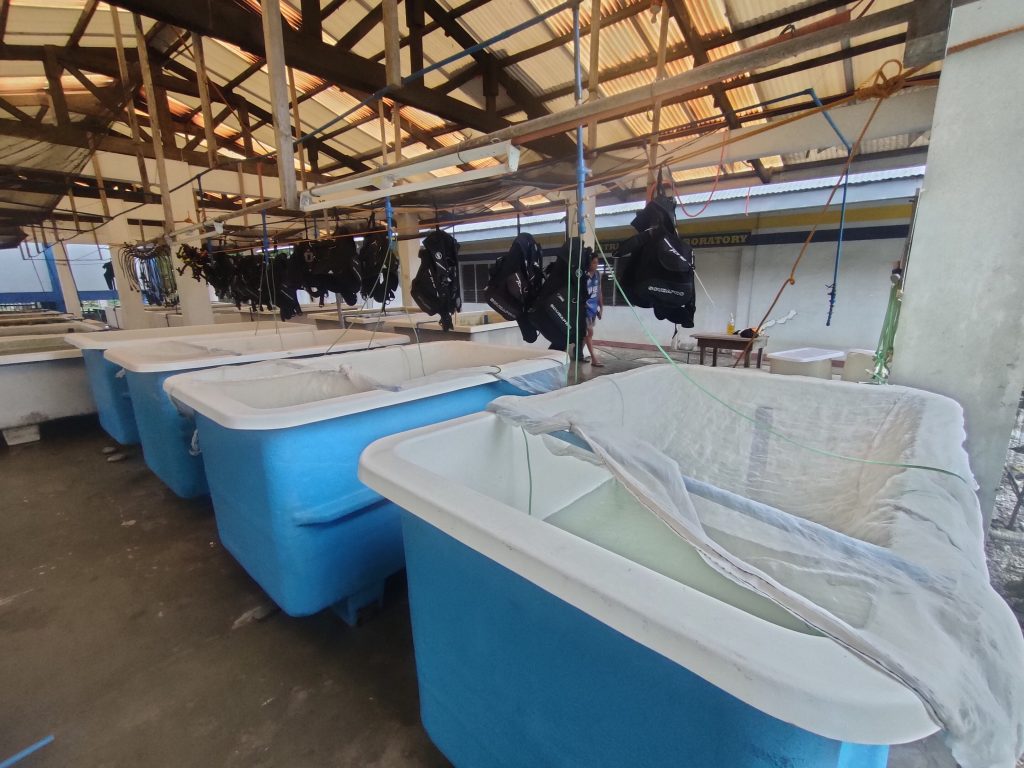
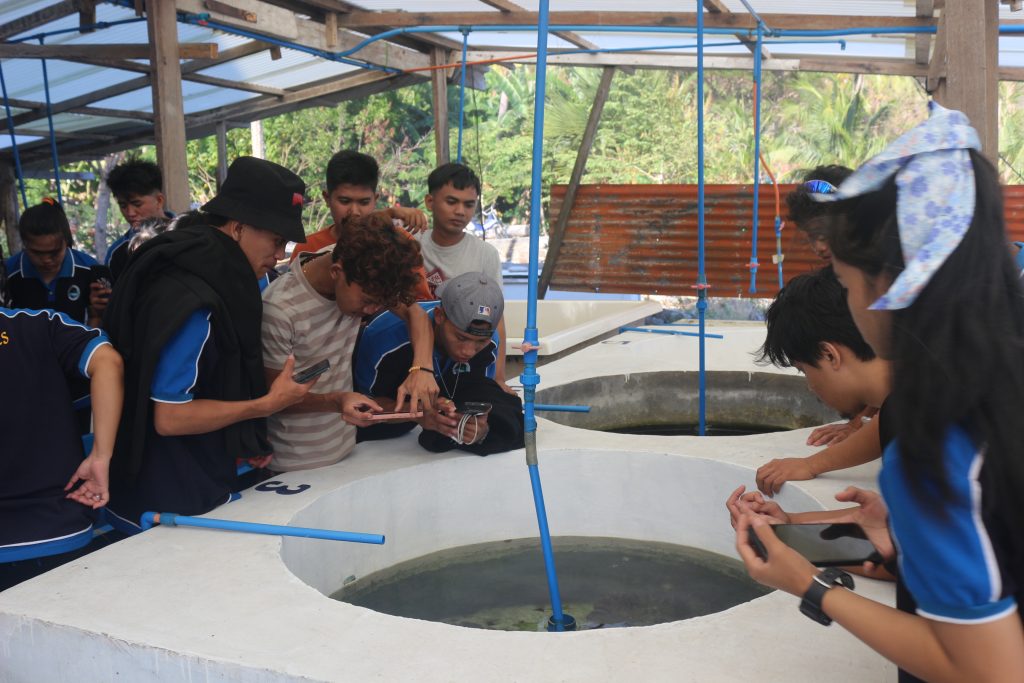

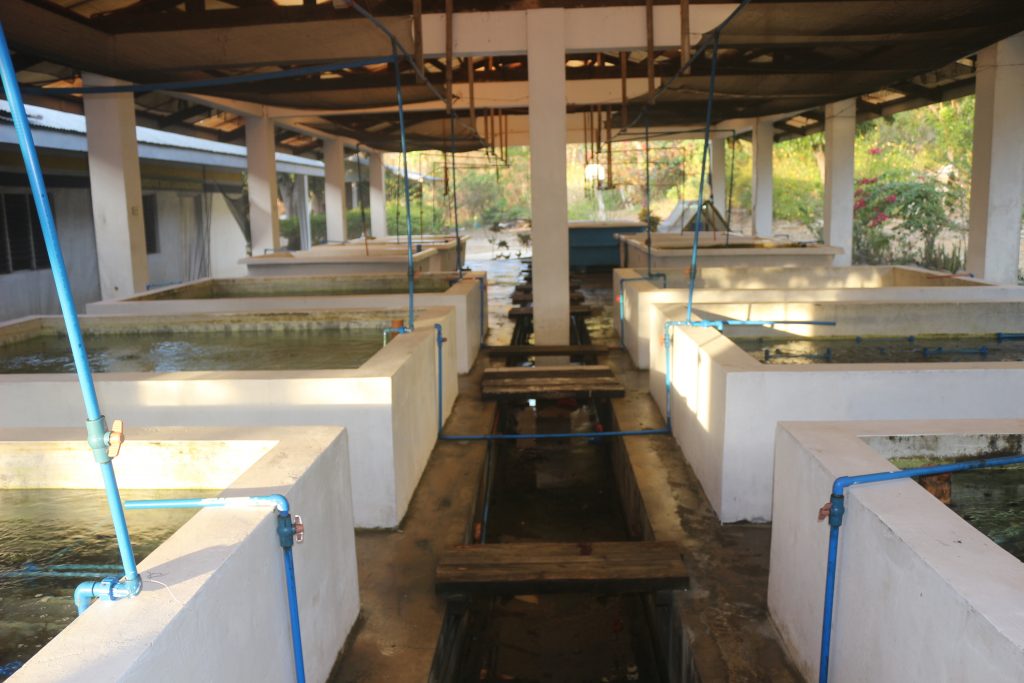
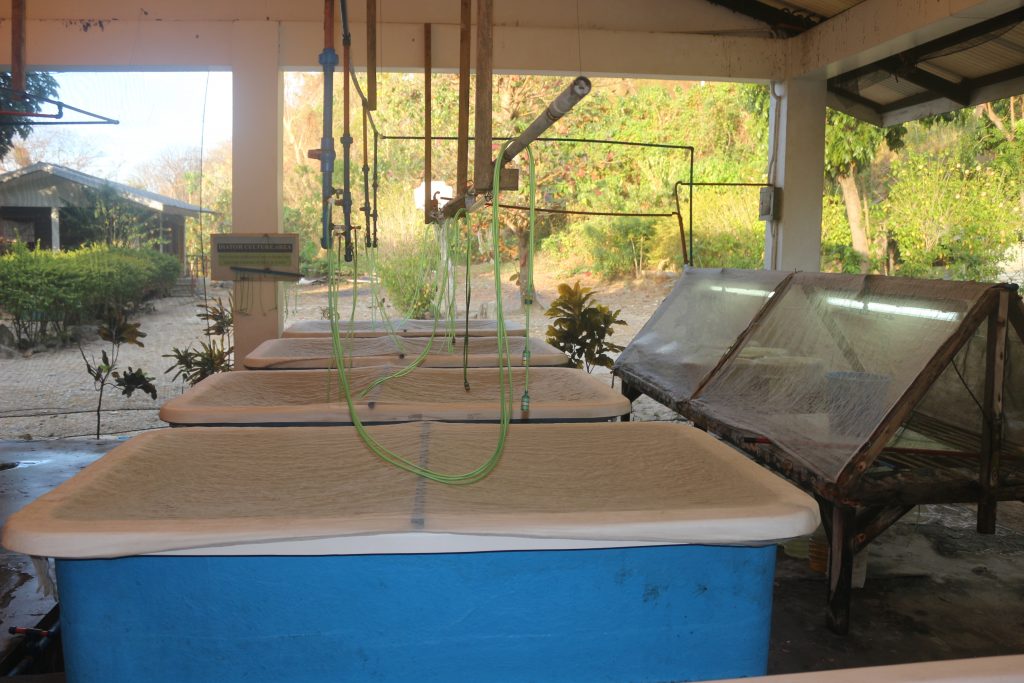

Contact Us
- Email: cfins@wpu.edu.ph
- Contact: +639998803481
